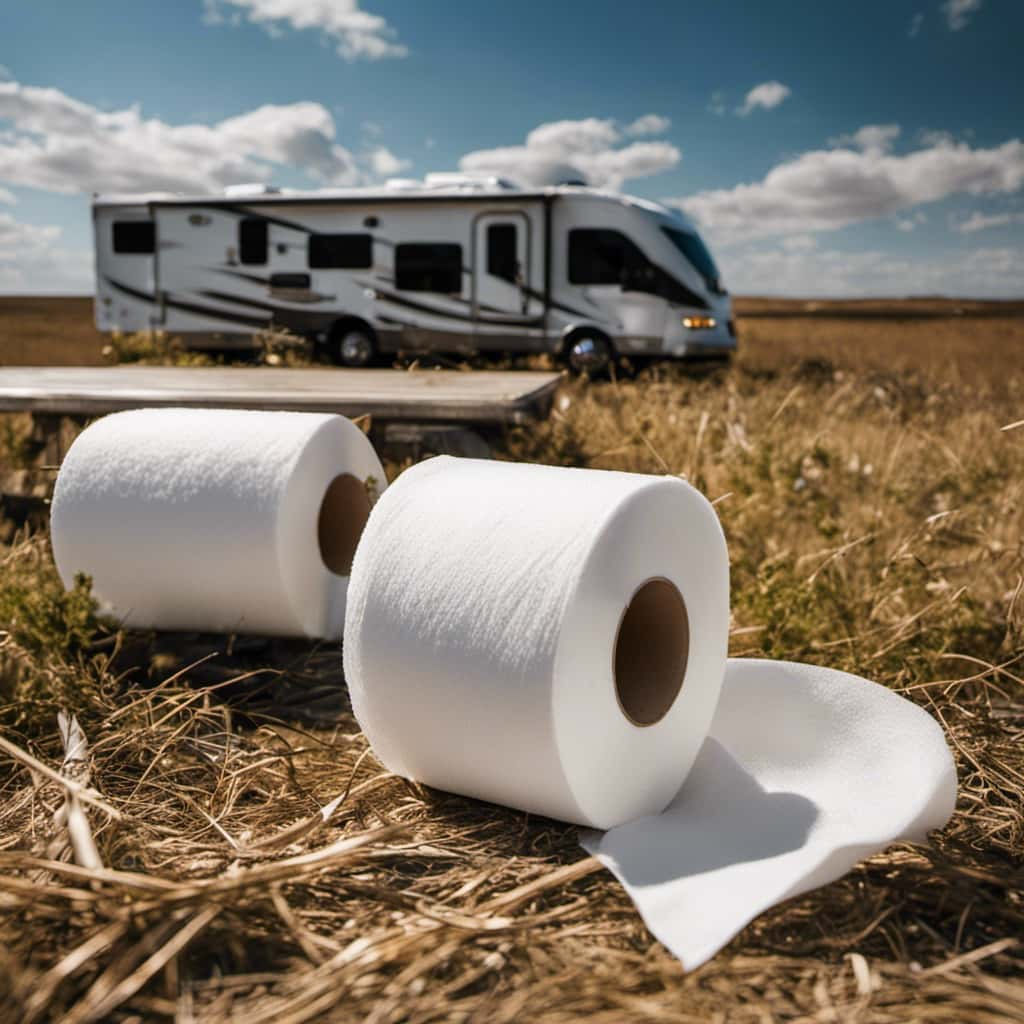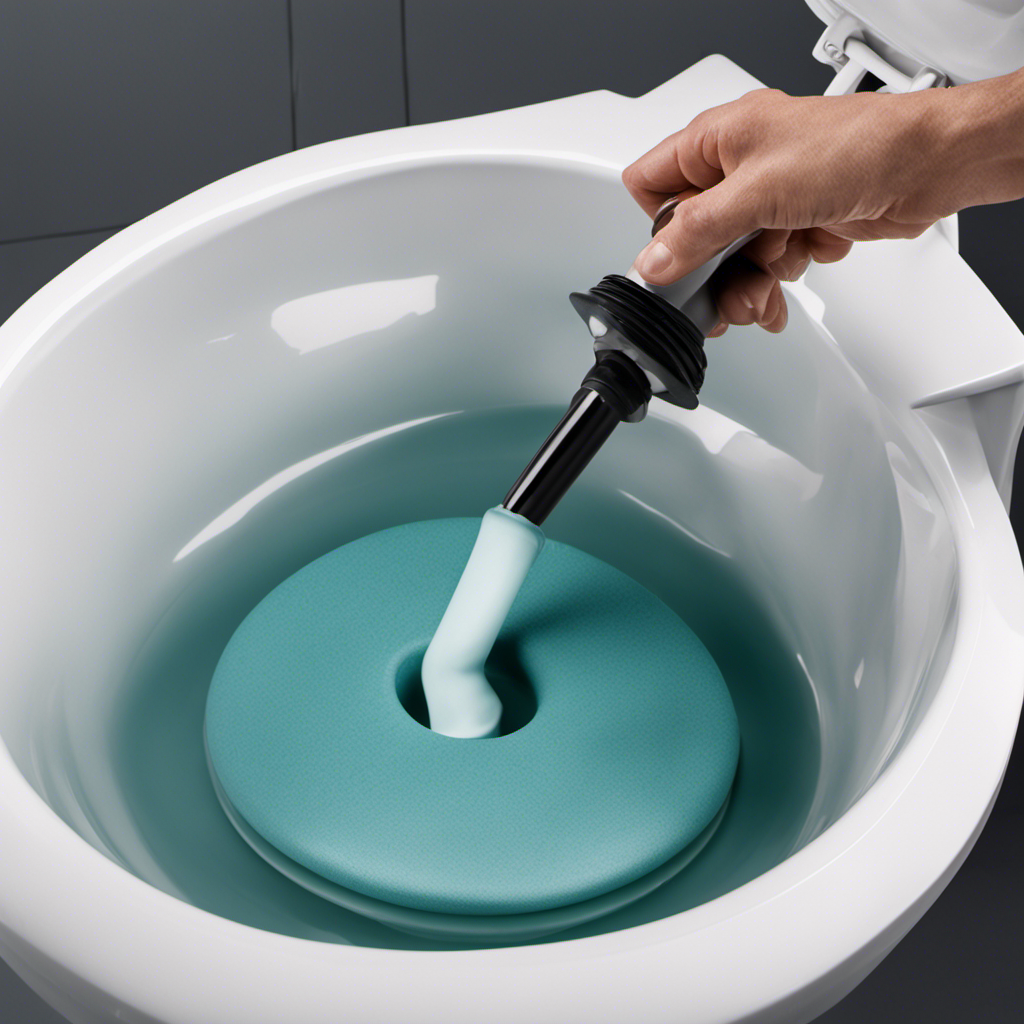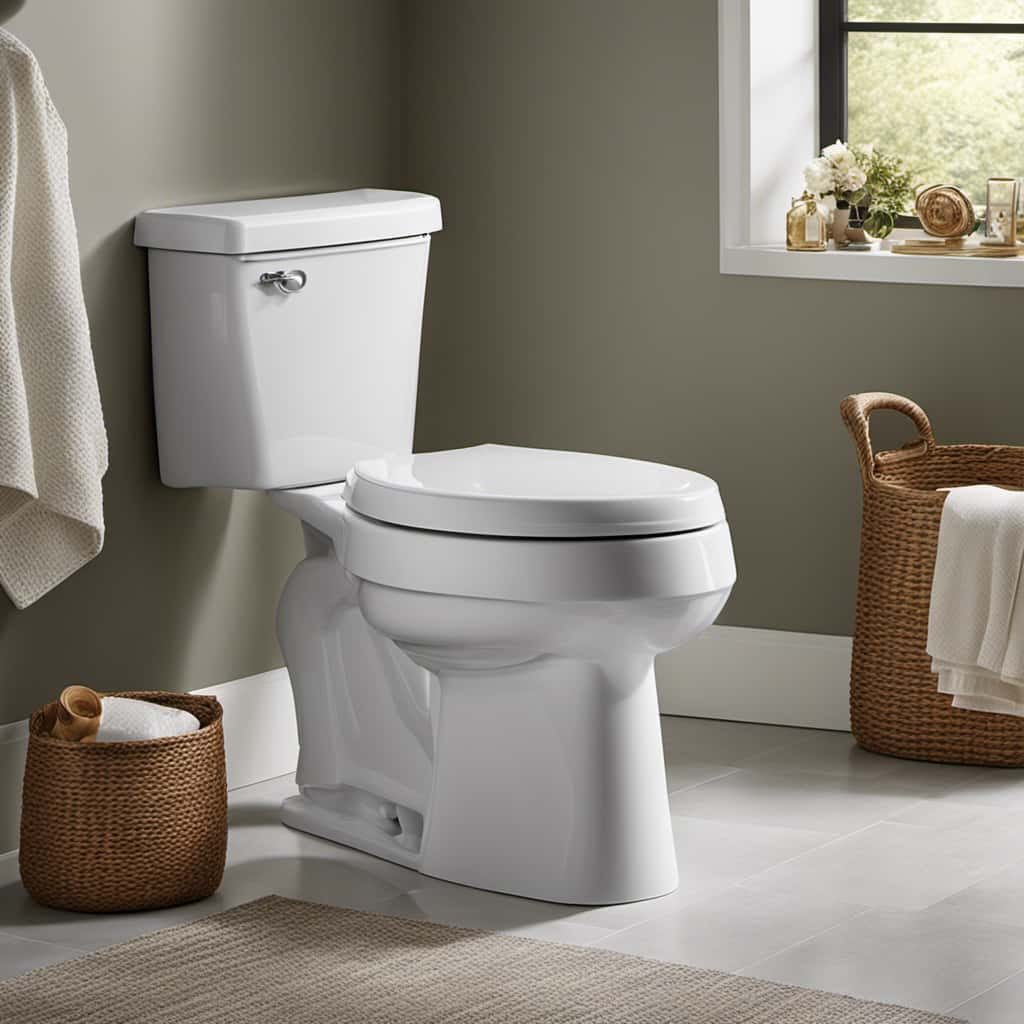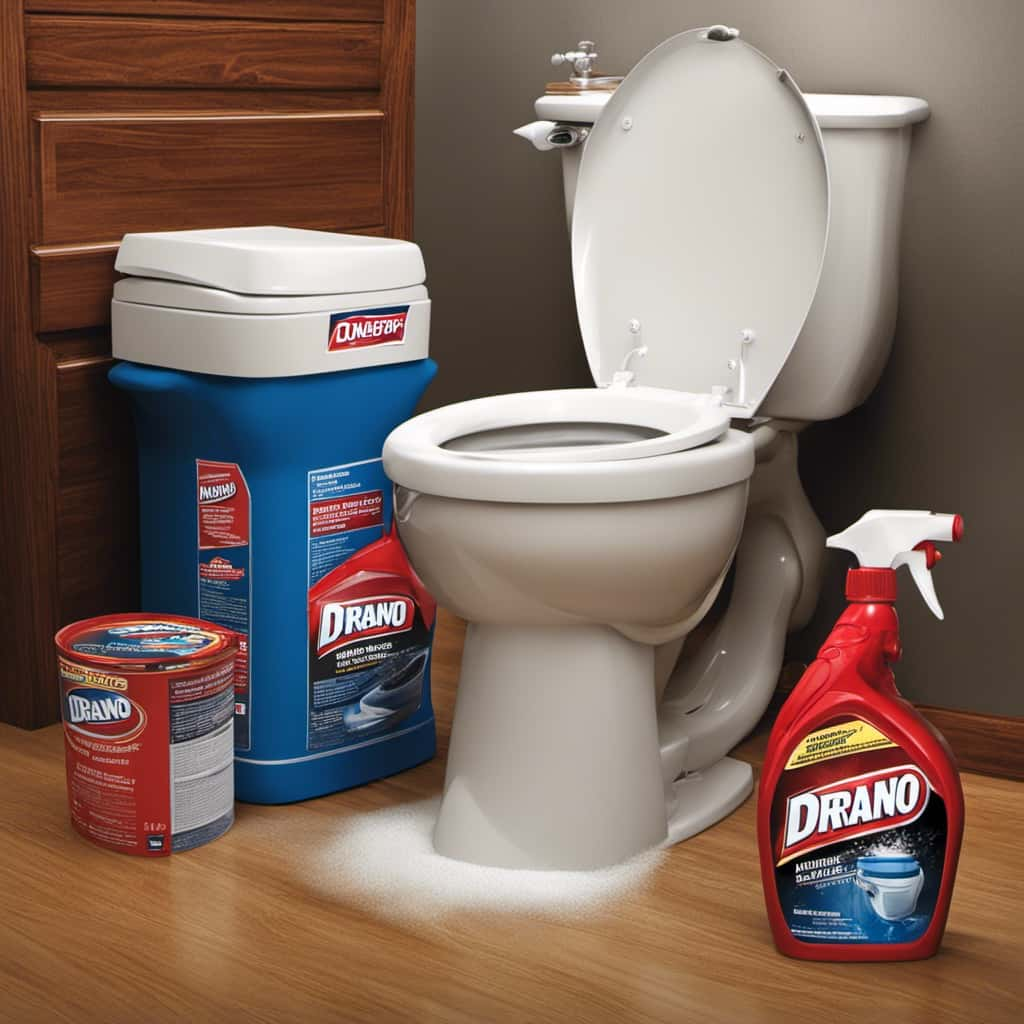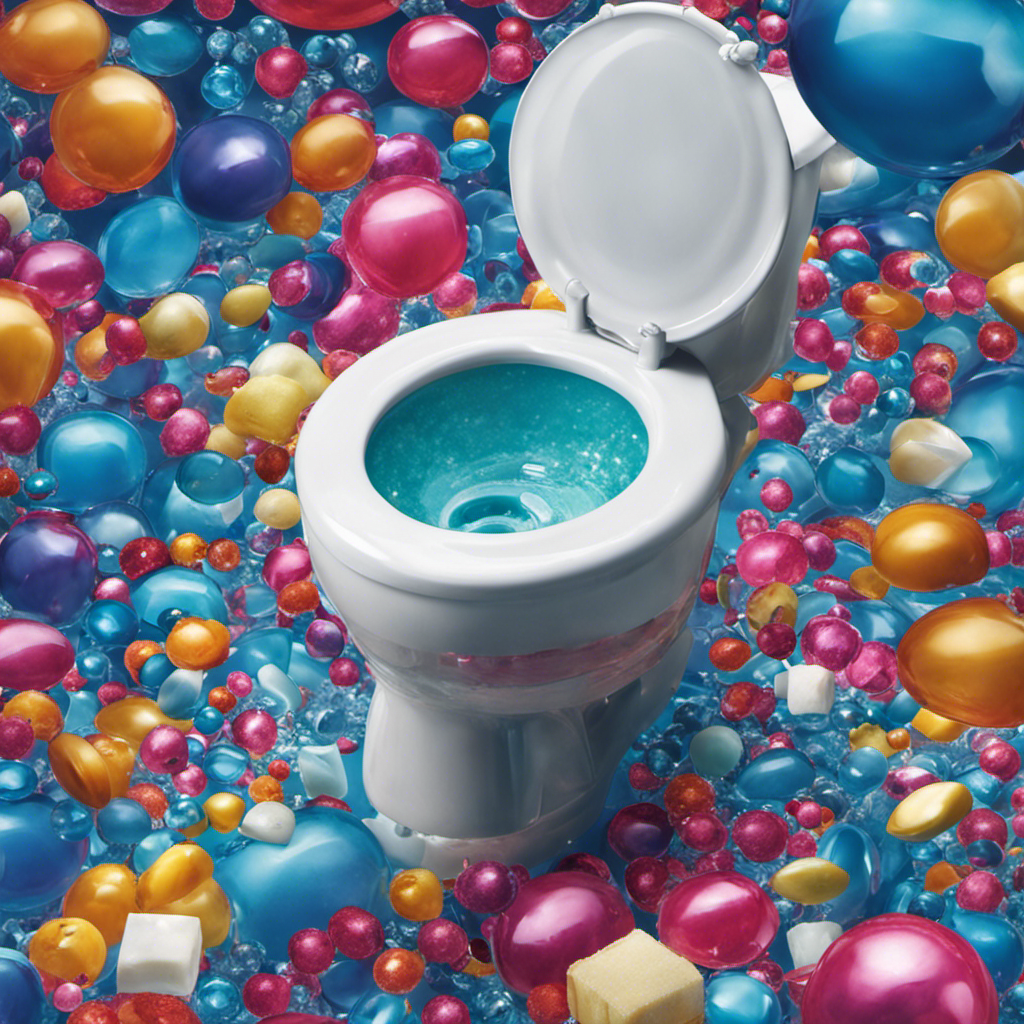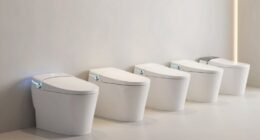We’ve all been there, in the bathroom, faced with a decision: to flush or not to flush?
But when it comes to wipes, the answer is clear. Some wipes simply aren’t flushable.
In this article, we’ll dive into the world of non-flushable wipes, from baby wipes to disinfecting wipes, and everything in between.
Armed with this knowledge, you’ll be able to make informed choices and avoid potential plumbing disasters.

So, let’s get started on our quest for wipe mastery.
Key Takeaways
- Baby wipes made from non-biodegradable materials like polyester or polypropylene are not flushable and can cause clogs in pipes and sewer blockages.
- Disposable makeup wipes made from non-biodegradable materials contribute to plastic waste and take hundreds of years to decompose.
- Non-flushable disinfecting wipes can cause plumbing issues and harm the environment, but reusable microfiber cloths and natural disinfectants are eco-friendly alternatives.
- Wet wipes, including antibacterial wipes, made of non-biodegradable materials are not flushable and can lead to plumbing problems, while biodegradable wipes are a better choice for both plumbing and the environment.
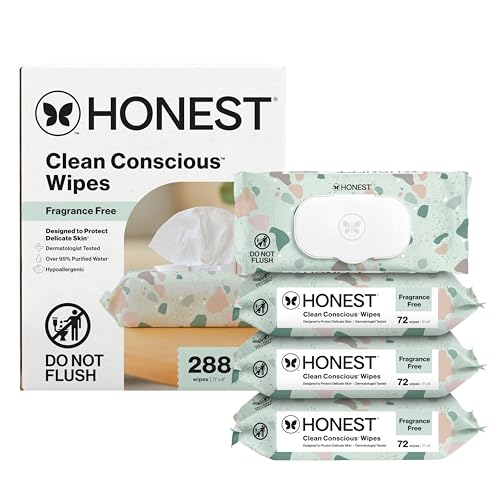
The Honest Company Hypoallergenic Multi-Use Baby Wipes for Sensitive Skin, Geo Mood, 288 Count
Clean up all of life’s messes. Compostable, plant-based multi-use Wipes are made with over 99% water and only…
As an affiliate, we earn on qualifying purchases.
As an affiliate, we earn on qualifying purchases.
Baby Wipes
The article explores the issue of baby wipes that aren’t flushable. Baby wipes, while convenient for diaper changes, have a significant environmental impact.
These wipes are often made from non-biodegradable materials, such as polyester or polypropylene, which means they don’t break down easily in the environment. When flushed down the toilet, they can clog pipes and contribute to sewer blockages, leading to costly repairs and potential pollution of waterways.
To mitigate this environmental impact, it’s important to consider alternatives to baby wipes for diaper changes. One alternative is using washable cloth wipes, which can be easily washed and reused. Another option is using water and a soft cloth or sponge to clean the baby during diaper changes.
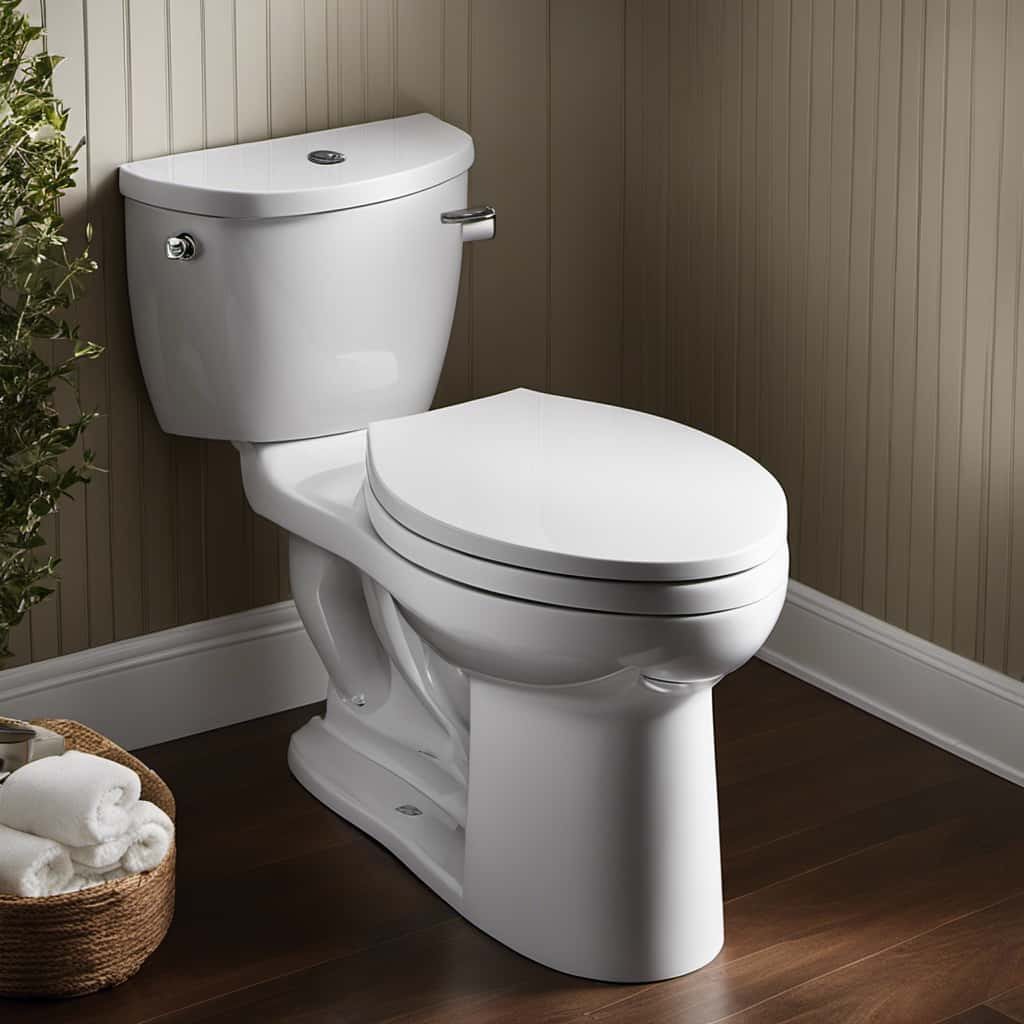

Greenzla Reusable Makeup Remover Pads (20 Pack) Washable Laundry Bag & Round Box for Storage, Reusable Bamboo Cotton Rounds for All Skin Types
Go Green and Clean. Go green and clean by swapping your disposable cotton balls with our reusable cotton…
As an affiliate, we earn on qualifying purchases.
As an affiliate, we earn on qualifying purchases.
Makeup Wipes
We love using makeup wipes, but they aren’t flushable. When it comes to the environmental impact of disposable makeup wipes, it’s important to note that they contribute to the growing issue of plastic waste. The non-biodegradable materials used in these wipes can take hundreds of years to decompose, leading to pollution and harm to ecosystems.
To reduce our impact, here are some alternatives to makeup wipes for removing makeup effectively:
- Micellar water: This gentle cleanser effectively removes makeup without the need for wipes.
- Cleansing oils: These oils can dissolve even waterproof makeup, leaving your skin clean and nourished.
- Reusable face cloths: Opt for soft, reusable cloths that can be washed and reused multiple times.
- Makeup remover pads: These pads are made from sustainable materials and can be easily washed after each use.

Seventh Generation Disinfecting Multi-Surface Wipes, Lemongrass Citrus, 70 Count, Pack of 3 (Packaging May Vary)
Convenient disinfectant wipes for daily touch-ups and tough cleaning jobs, clean and disinfect in one easy step
As an affiliate, we earn on qualifying purchases.
As an affiliate, we earn on qualifying purchases.
Disinfecting Wipes
Using disinfecting wipes is a convenient way to keep surfaces clean and germ-free. These wipes are specifically designed to kill bacteria and viruses on various surfaces, making them an excellent choice for high-touch areas like doorknobs, countertops, and electronic devices.
Disinfecting wipes are different from hand sanitizing wipes, as the latter are primarily used for cleaning hands and may not be as effective for disinfecting surfaces.

However, it’s important to note that while disinfecting wipes are effective, they may not be the most eco-friendly option. If you’re looking for alternatives, there are eco-friendly options available such as reusable microfiber cloths and natural disinfectants like vinegar or hydrogen peroxide.
These alternatives can still effectively clean and disinfect surfaces while reducing waste and environmental impact.

SIFANGKE Microfiber Cleaning Cloth, 12 Pack Assorted Color Cleaning Rags for Housekeeping, Colorful Reusable Microfiber Towels for Car, Kitchen, Bathroom and Household Cleaning Supplies, 11.8"X11.8"
Strong Absorbent & Streak-Free: Crafted with premium microfiber, these cleaning rags quickly absorb water and wipe away spills,…
As an affiliate, we earn on qualifying purchases.
As an affiliate, we earn on qualifying purchases.
Wet Wipes
When it comes to non-flushable wipes, wet wipes are a common offender. These wipes, often used for personal hygiene or baby care, may seem convenient, but they pose a significant threat to our plumbing and the environment.
Here are some key points to consider:
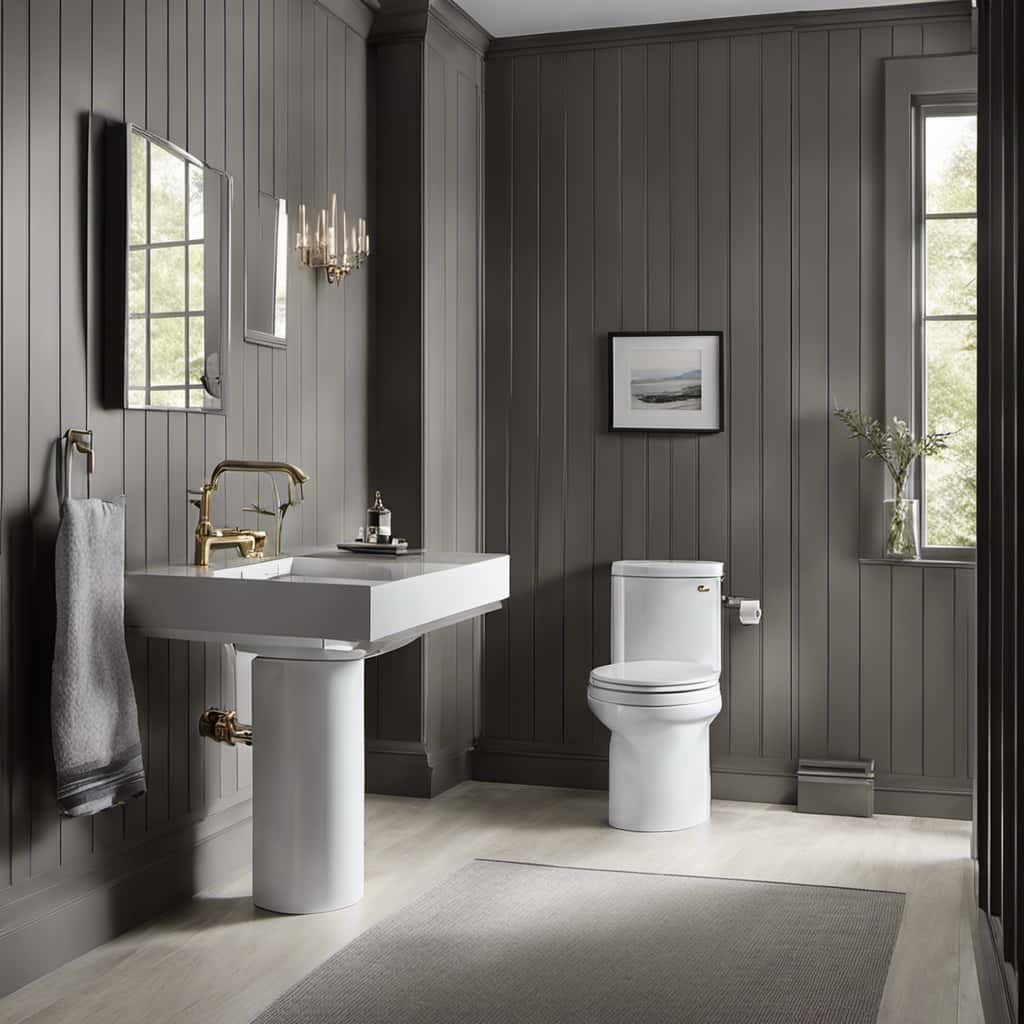
- Wet wipes are typically made of non-biodegradable materials, such as polyester or polypropylene, which don’t break down easily in water.
- Unlike toilet paper, wet wipes don’t disintegrate quickly when flushed, leading to clogs in sewer systems and costly repairs.
- Even if a wet wipe claims to be ‘flushable,’ it’s essential to be cautious as many still cause plumbing issues.
- Eco-friendly alternatives, such as biodegradable wipes, are becoming more readily available and are a better choice for both our plumbing and the environment.
It is crucial to be mindful of the wipes we use and ensure they’re truly flushable or opt for more eco-friendly options to protect our plumbing systems and the planet.
Antibacterial Wipes
Antibacterial wipes, like wet wipes, present similar challenges when it comes to their flushability and impact on plumbing systems and the environment.
While these wipes may be convenient for killing germs on surfaces, they can cause serious problems when flushed down the toilet. Antibacterial wipes are typically made from synthetic materials that don’t break down easily in water, leading to clogs and blockages in sewer systems.
Additionally, their use contributes to the growing issue of plastic pollution in our oceans and waterways. To minimize the environmental impact of antibacterial wipes, it’s recommended to opt for alternative cleaning methods such as using disinfectant sprays or disposable paper towels.
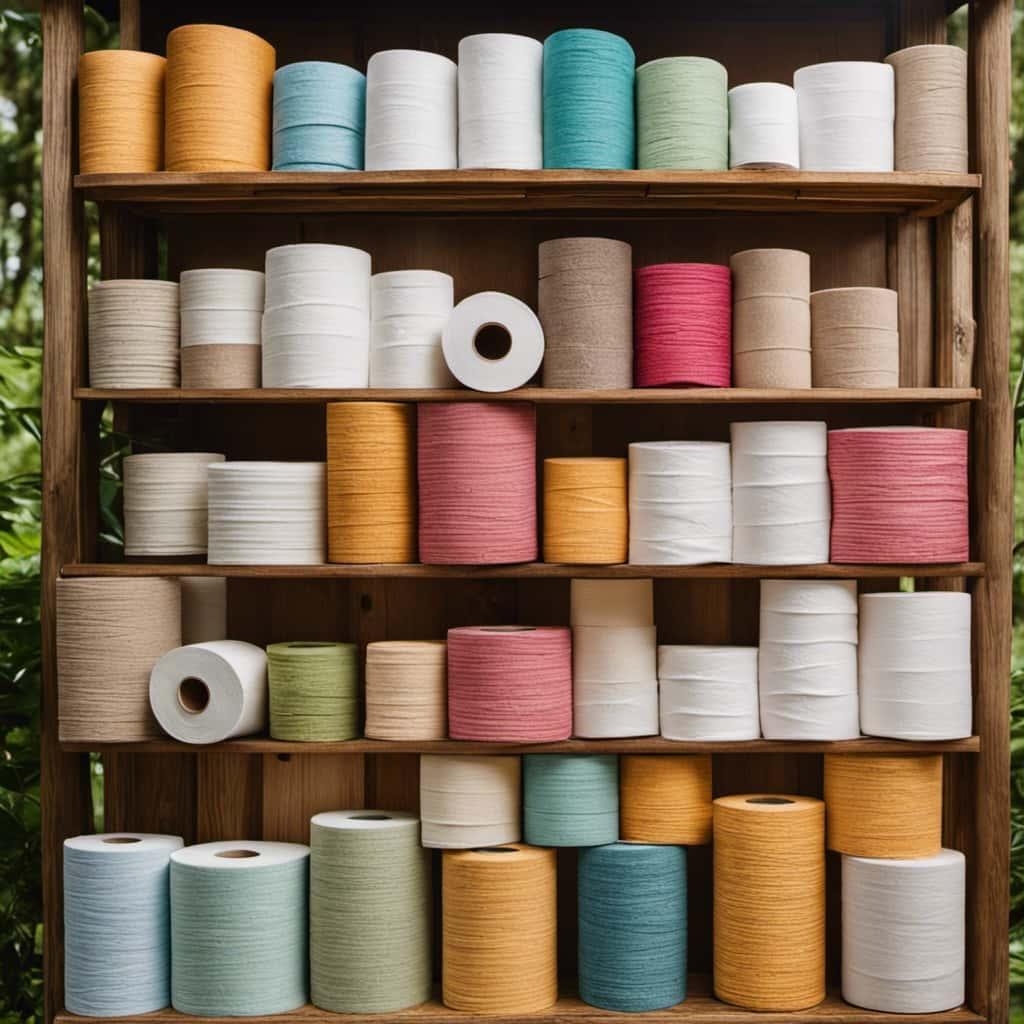
These alternatives are more easily biodegradable and can be safely disposed of in the trash.
Frequently Asked Questions
Are There Any Flushable Wipes Available in the Market?
There are currently flushable wipes available in the market, but it’s important to consider their environmental impact. While they may be convenient, they can still contribute to clogs and pollution in our water systems.
Can I Use Baby Wipes for Removing Makeup?
We can use baby wipes for removing makeup, but it’s important to choose ones specifically made for sensitive skin. There are also alternative options like micellar water or oil-based cleansers that are gentle and effective for makeup removal.
Are Disinfecting Wipes Safe to Use on All Surfaces?
Disinfecting wipes can potentially cause damage on certain surfaces. It’s important to check manufacturer guidelines. While effective in killing viruses, other cleaning methods like soap and water are also recommended.

Can Wet Wipes Be Used as a Substitute for Toilet Paper?
Can wet wipes be used as a substitute for toilet paper? While wet wipes for infants are gentle on the skin, they are not designed for flushing. Wet wipes for cleaning, on the other hand, can clog pipes and cause sewer backups.
Do Antibacterial Wipes Kill All Types of Bacteria?
Antibacterial wipes effectively kill many types of bacteria, but they may not be effective against viruses. Additionally, their use does not cause antibiotic resistance. However, it is important to note that not all wipes are flushable.
Conclusion
In the battle against clogged pipes and sewer backups, it’s crucial to know which wipes aren’t flushable. From baby wipes to disinfecting wipes, and even makeup wipes, it’s clear that these handy wipes should never make their way down the toilet.
They may seem innocent, but these wipes can quickly transform into pipe-clogging monsters. So, let’s keep our plumbing happy and our toilets flowing smoothly by disposing of non-flushable wipes in the trash where they belong.
